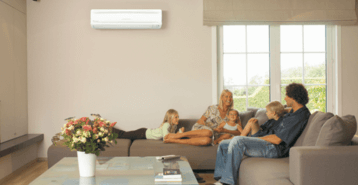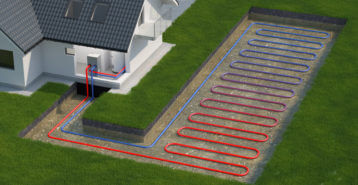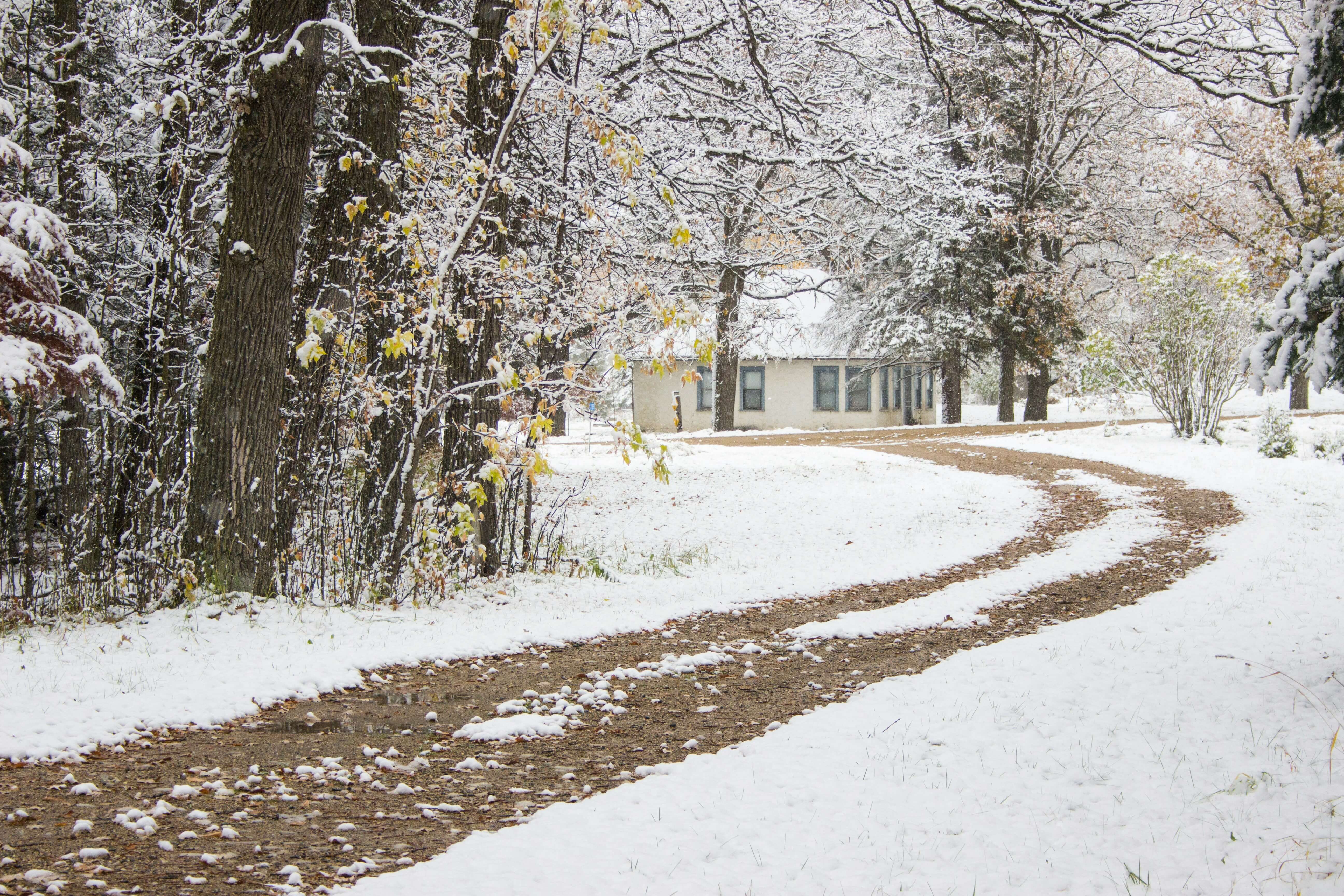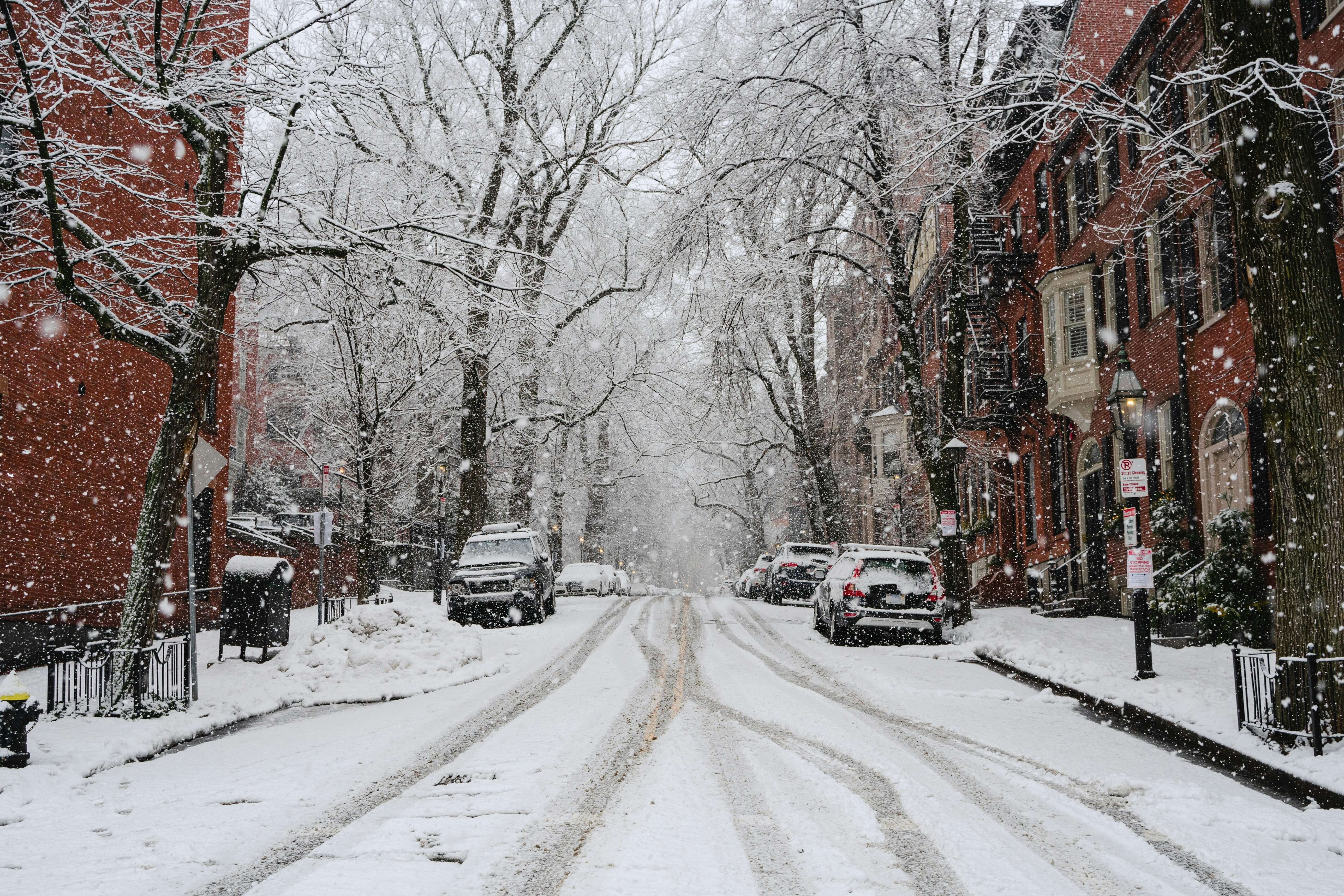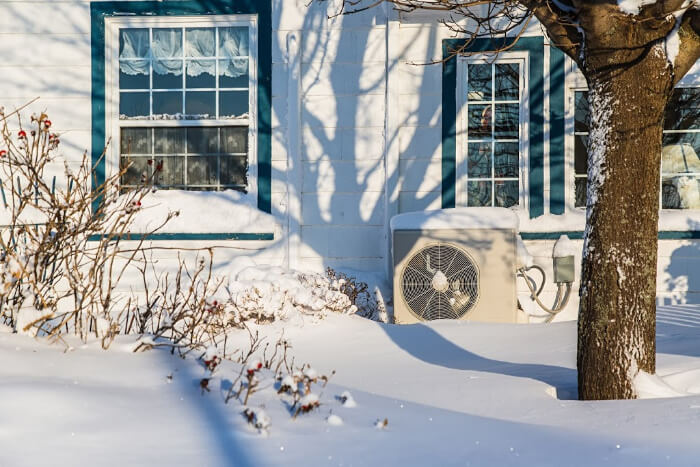How Much Does It Cost to Install an Air Source Heat Pump?
On average, homeowners in the U.S. will pay between $7,000 and $14,000 total for air source heat pump costs. You’ll pay for the outdoor unit, one or more indoor units, materials, and professional labor. Bigger homes need more heating or cooling capacity and more indoor units, which raises the total price. See the table below for more detailed pricing information.
| Home Size | Indoor Units (Zones) | Typical Cost |
|---|---|---|
| Small home or apartment (up to 1,200 square feet) | 1 zone | $3,000 to $5,000 |
| Small home (up to 1,200 square feet) | 2 zones | $5,500 to $9,000 |
| Medium home (1,300 to 2,000 square feet) | 2 to 3 zones | $7,500 to $13,000 |
| Large home (2,100 to 3,000 square feet) | 3 to 5 zones | $11,000 to $18,000 |
| Whole-home ducted system (most layouts) | N/A | $8,500 to $15,000 |
What That Price Usually Includes
- Outdoor Unit (Air Source Heat Pump Cost): $3,000 to $6,000, depending on size and efficiency.
- Indoor Unit(s): $700 to $2,000 each, based on style (wall, ceiling, or ducted) and capacity.
- Installation and Materials: $2,000 to $6,000 for mounting, refrigerant lines, wiring, condensate drains, thermostat, start-up, and commissioning.
- Potential Extras: Electrical panel work, new or modified ductwork, permits, and old equipment removal.
Factors That Affect Your Costs
- System Size and Number of Zones: More capacity and more rooms to serve means more equipment and labor.
- Efficiency Level: Higher-efficiency models cost more initially, and less to run each month.
- Home Layout and Access: Multi-story homes, tight mechanical spaces, or long line runs (copper pipes that link indoor and outdoor units) add time and cost.
- Electrical and Ductwork: Panel upgrades or duct repairs raise the total but may improve comfort and bills.
- Climate Needs: Cold-climate models that perform well below freezing cost more, but they are worth it in colder regions.
- Local Pricing: Labor rates and permit fees vary by area and season.
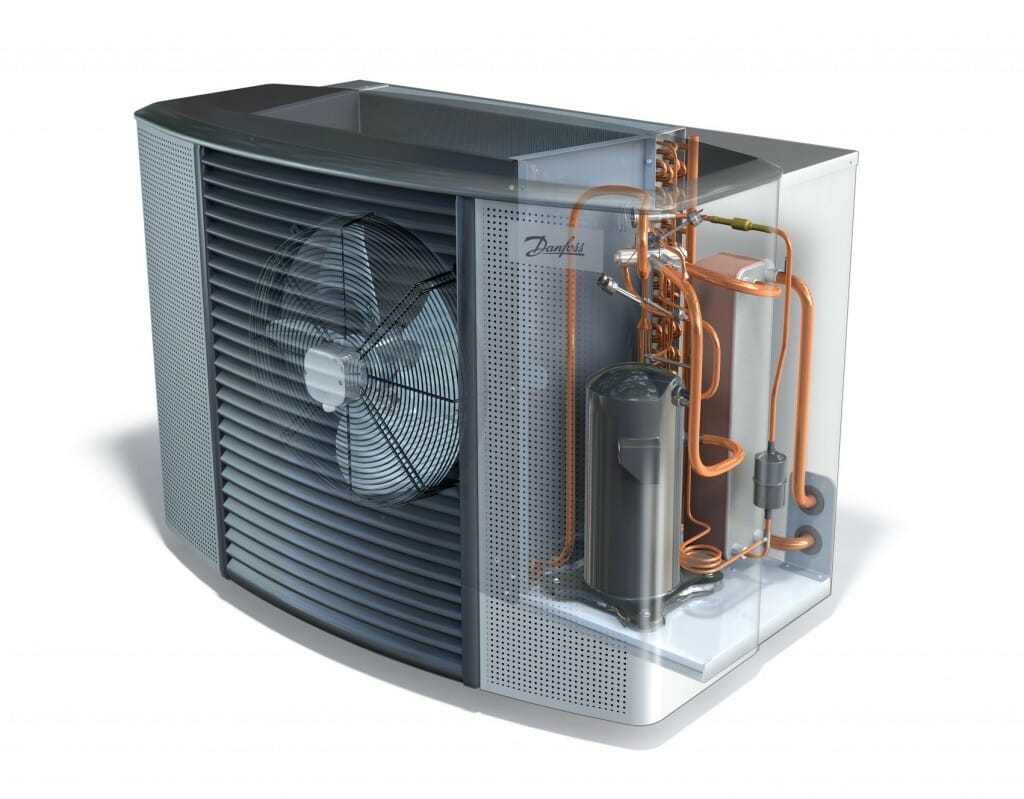
What Is the Most Economical Way to Run an Air Source Heat Pump?
Your monthly bill typically ranges from $40 to $120 in mild to moderate climates, and $80 to $200 in colder regions during peak winter months. To keep costs down:
- Set Smart Temperatures: Use steady setpoints and small adjustments rather than big changes.
- Use Schedules: Program setbacks (times for lower indoor temperatures during winter and higher indoor temperatures during summer) for when you’re away or asleep.
- Seal and Insulate: Upgrading your insulation can help save on monthly heating and cooling bills.
- Clean Filters: Check monthly, and clean or replace them as needed to keep your system’s airflow strong.
- Keep Outdoor Unit Clear: Remove leaves, snow, and any other debris to improve performance.
- Ask About Off-Peak Rates: Some utilities offer discounted electricity for heat pumps.
Air Source Heat Pumps in Cold Climates
Modern cold-climate heat pumps are built to work well below freezing. In very low temperatures, efficiency drops and the system may run longer. Many homeowners pair a heat pump with a simple backup heat source like a gas furnace for peace of mind on the coldest nights.
How Do Air Source Heat Pumps Work?
Think of it as a heat mover, not a heat maker.
- The outdoor unit pulls heat from the outside air.
- Refrigerant carries that heat indoors.
- The indoor unit releases the heat into your rooms.
- In summer, the process reverses to move heat out of the house and cool it.
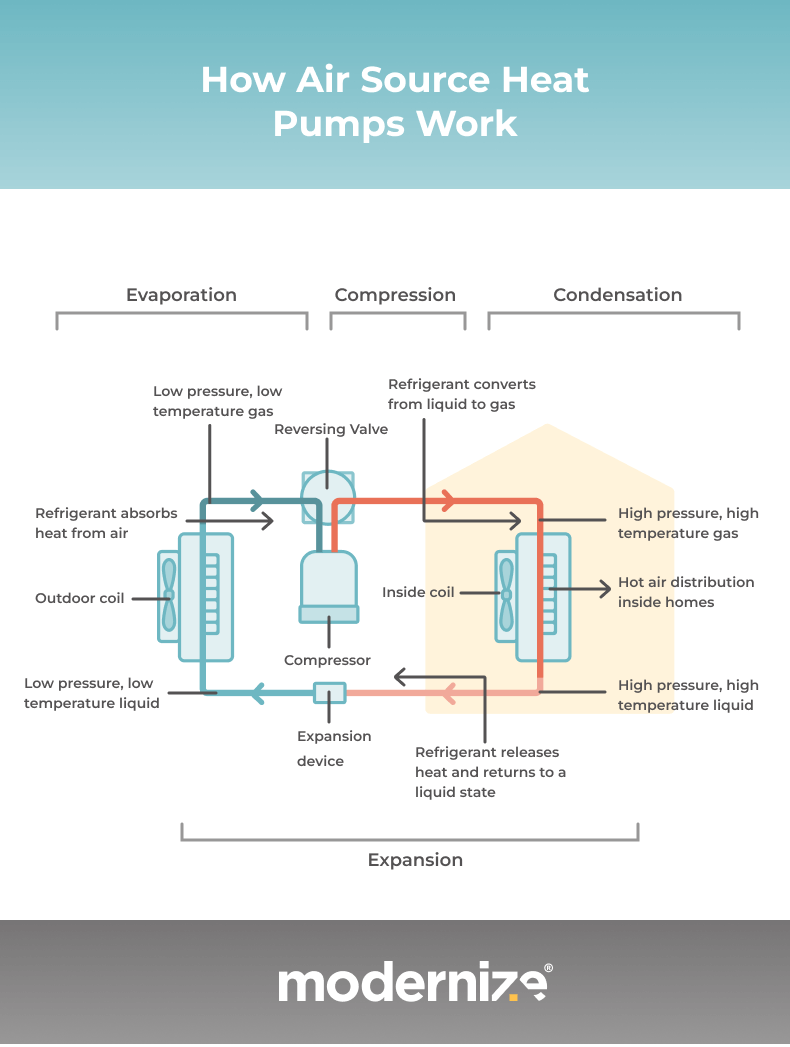
Air Source Heat Pump Efficiency
Heat pumps often deliver two to three units of heat for every unit of electricity they use. In plain terms, they can heat your home using less energy than systems that create heat from electricity alone.
What Are the Disadvantages?
- Higher Upfront Cost: Air source heat pumps cost more than a basic furnace replacement in many homes.
- Coldest Weather Performance: Output drops in extreme cold — plan on a backup heat source if you live in a very cold region.
- Appearance of Indoor Units: Wall-mounted heads (your indoor units) are visible; ceiling or ducted heat pump options reduce this but may cost more.
- Electrical Upgrades: Some homes need panel or circuit work to support the system.
What Is the Life Expectancy of an Air Source Heat Pump?
Most systems last 12 to 18 years with proper sizing and maintenance. Keeping filters clean and getting seasonal checkups can extend lifespan.
Air Source vs. Geothermal Heat Pumps
Air source uses outdoor air. Geothermal uses steady ground temperatures through buried loops. Geothermal costs more to install, but the monthly bills are often lower.
| Feature | Air Source Heat Pump | Geothermal (Ground Source) |
|---|---|---|
| Typical installed cost | $7,000 to $14,000 (whole-home) | $25,000 to $45,000+ |
| Best for | Most homes, easy installs, built-in cooling | Long-term homes, very low operating cost |
| Efficiency in winter | High, lower in extreme cold | Very high, steady in cold |
| Cooling included | Yes | Yes |
| Site work | Minimal to moderate | Drilling or trenching required |
| Payback | Shorter upfront, moderate monthly savings | Longer upfront, larger monthly savings |
Best Air Source Heat Pump Brands
Check out our best heat pump brands guide for more information, or view air source heat pump cost information and benefits by brand below.
- Mitsubishi Electric: Excellent cold-climate performance, very quiet. You’ll pay $9,500 to $16,000.
- Daikin: Broad lineup and good support. You’ll pay $9,000 to $15,000.
- Trane / American Standard: Durable ducted systems, strong dealer network. You’ll pay $8,500 to $15,000.
- Carrier / Bryant: Wide availability and cold-climate options. You’ll pay $8,500 to $15,000.
- Lennox: High-efficiency models with quiet operation. You’ll pay $9,000 to $16,000.
- Fujitsu: Great ductless performance in cold weather. You’ll pay $9,000 to $15,000.
Is an Air Source Heat Pump Worth the Money?
For many homes, yes. Expect an average total air source heat pump cost of around $9,800, with most projects landing between $7,000 and $14,000. If you want lower monthly bills than electric resistance heat, built-in cooling, and a cleaner, all-electric option, a heat pump is a smart upgrade. In very cold regions, choose a cold-climate model and consider a simple backup heat source for the coldest nights.
If you would like help comparing options and pricing, we can connect you with pre-vetted local pros for itemized quotes and answers specific to your home.
Compare top-rated HVAC pros in your area.
Read real homeowner reviews, explore qualifications, and view promotions. Modernize makes it easy to browse professionals and find one that will be perfect for your project.





